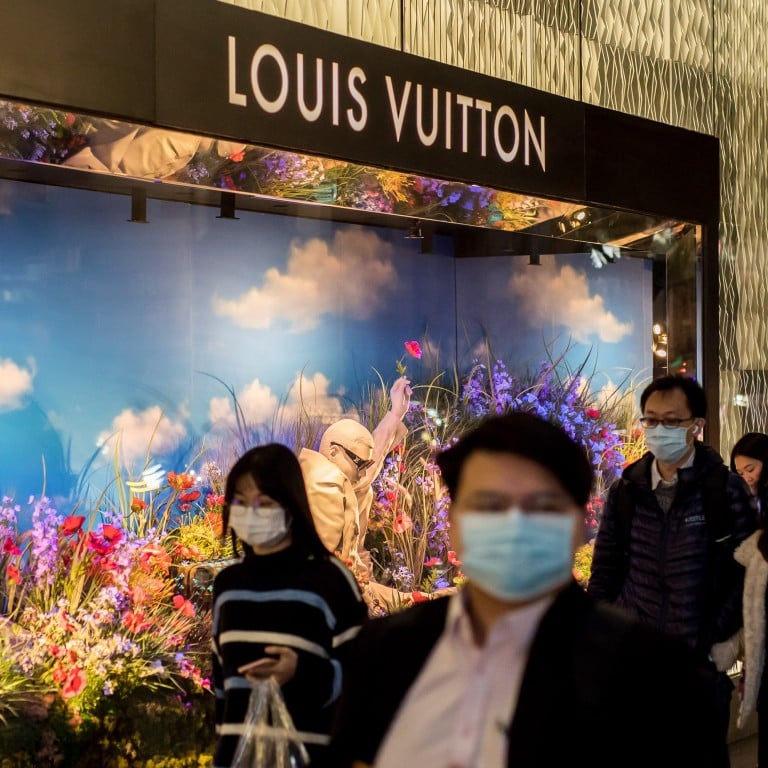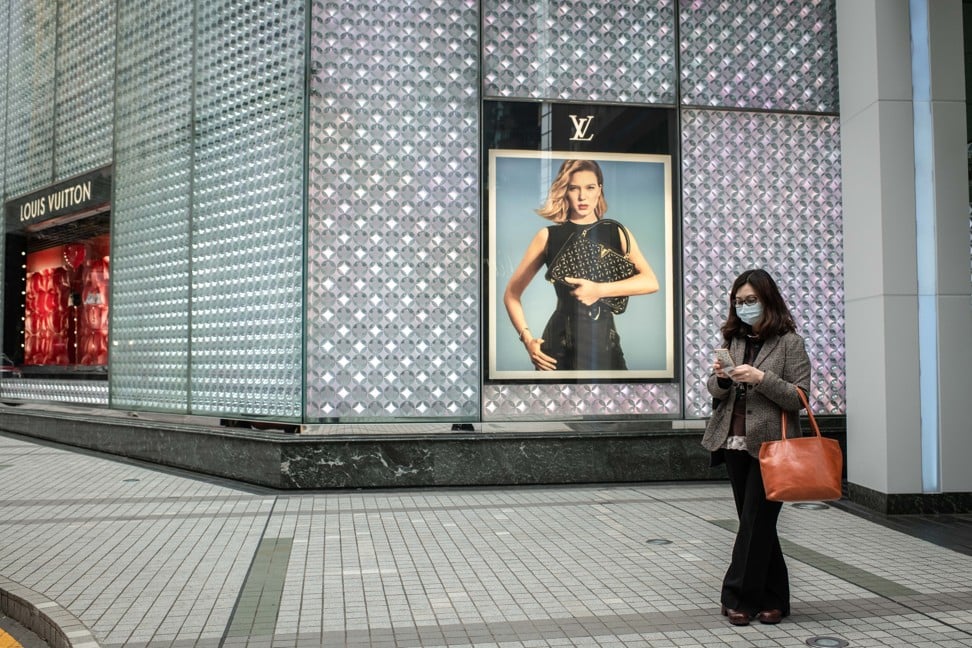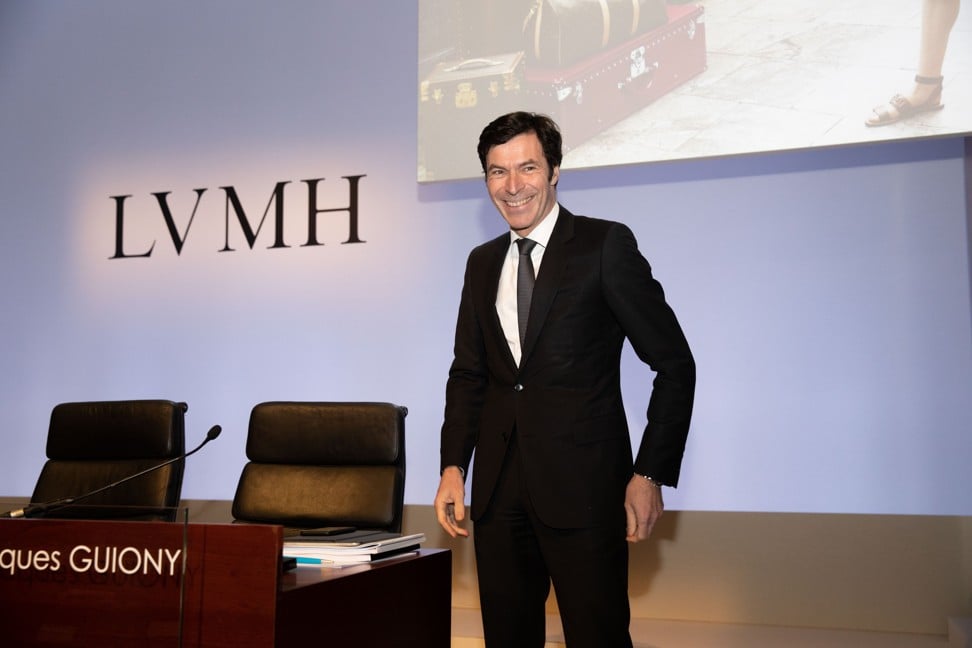
Coronavirus outbreak a ‘disaster’ for luxury brands as China sales crash, says former LVMH executive
- Pauline Brown, a former chairwoman of LVMH North America, says Chinese buyers are ‘not feeling safe’ and have no interest in going out to shop
- As the virus has spread, several brands have been forced to close or restrict store opening hours in China and cancel fashion shows
In an interview with Yahoo Finance, Pauline Brown, a former chairwoman of LVMH North America, discussed the impact of the coronavirus epidemic on the luxury goods market and said that 2020 will be a “disaster” for many luxury brands, as sales within their largest customer base is slowing down.
Chinese consumers accounted for around 35 per cent of total spending in the global luxury market in 2019 and 90 per cent of the growth in global luxury goods sales, according to data from management consultants Bain. This makes them a crucial pool of customers for luxury brands to win.
In recent earnings calls, several brands have highlighted a drop in sales in mainland China thanks to the spread of the virus.

The CEO of Gucci’s parent company, Kering, said the company had seen a “strong drop in traffic and in sales” in its February earnings call. And earlier this month, Burberry scrapped its guidance for the year on account of uncertainty around the coronavirus outbreak.
“The problem with luxury is that if you don’t buy it in a given quarter, it’s not like you come back and all of a sudden there’s excess demand the next quarter … you’re not going to get the sales back,” Brown says. “It’s a psychological purchase and the fact that people are not feeling safe and are not feeling prone to go shopping … [well] I think it is a disaster for virtually every company in the sector.”
Luxury group LVMH’s Hong Kong sales drop 40 per cent in fourth quarter
“Firstly, it would appear that this virus is not as aggressive as that that was detected back when there was the Sars outbreak in Hong Kong,” group CFO Jean-Jacques Guiony said. “Secondly, the Chinese government has reacted very strongly … and given the strength of the reaction, we can assume that their reaction will have consequences.”
But LVMH chairman Bernard Arnault cautioned that the long-term threat of the virus is still unclear. “If it lasts a couple of months, or if it’s resolved over the next two, two-and-a-half months, then it won’t be that bad,” he says, but “if it were to last two years, it would be a totally different matter.”

Brands shouldn’t only be concerned about the sales lost in China itself, however. According to Bain, 70 per cent of luxury spending by Chinese shoppers was done outside China in 2019, and travel restrictions put in place by China and other governments to prevent the spread of the outbreak are curbing Chinese outbound tourism.
Brown added that the amount of “non-essential travel” in general across the world is also being “curtailed”. And as around 10 per cent of luxury sales are by travellers visiting airports or on cruises, the sector can expect to take a hit in sales here too.

